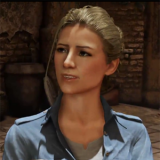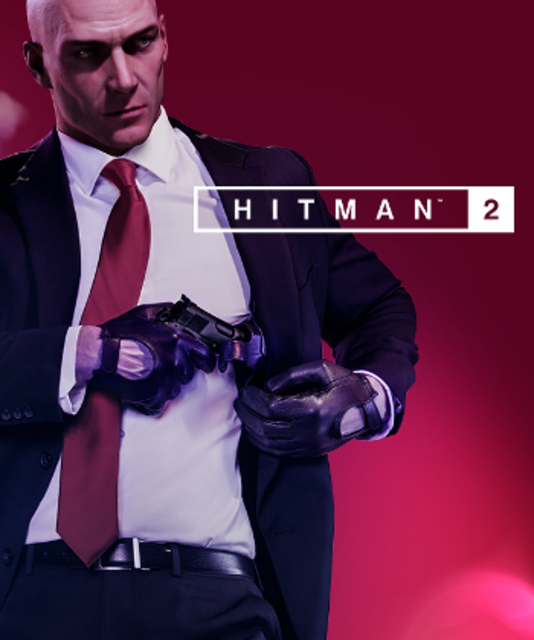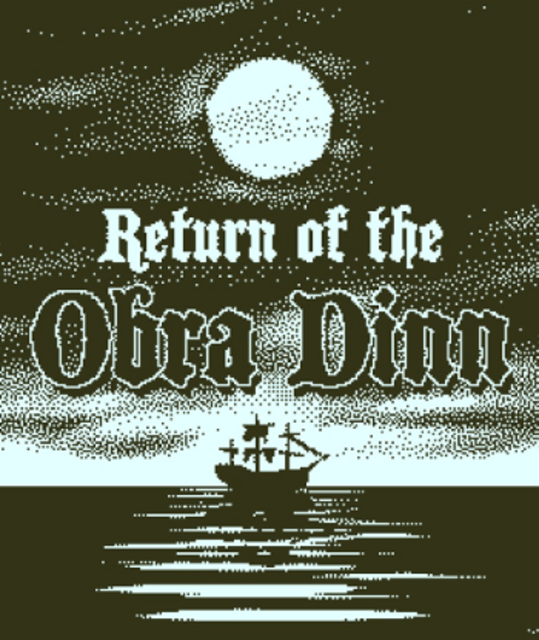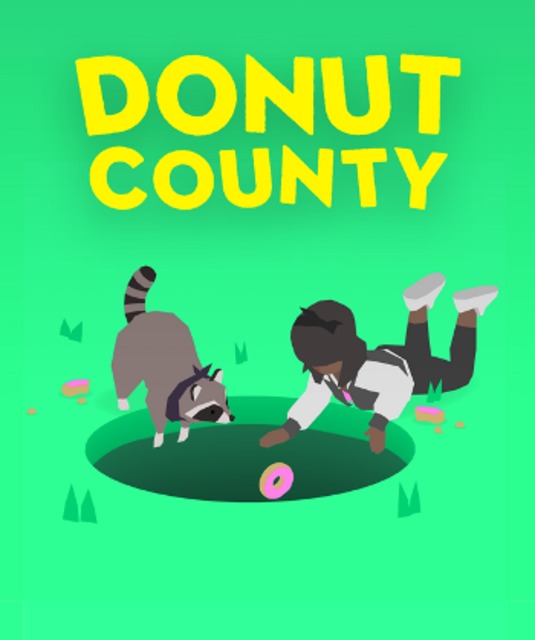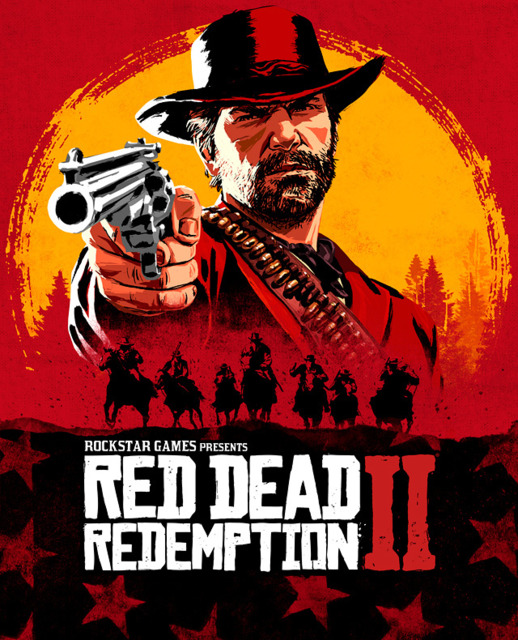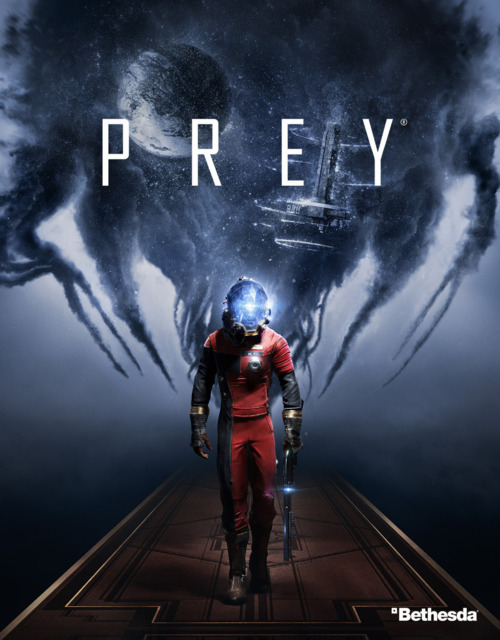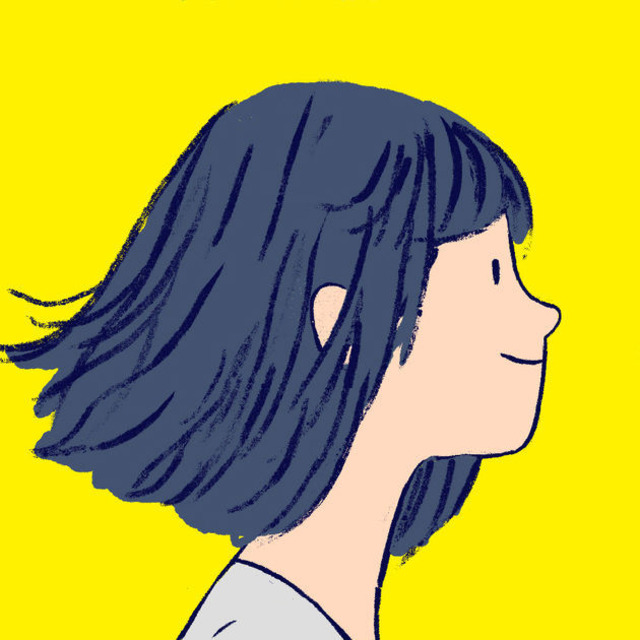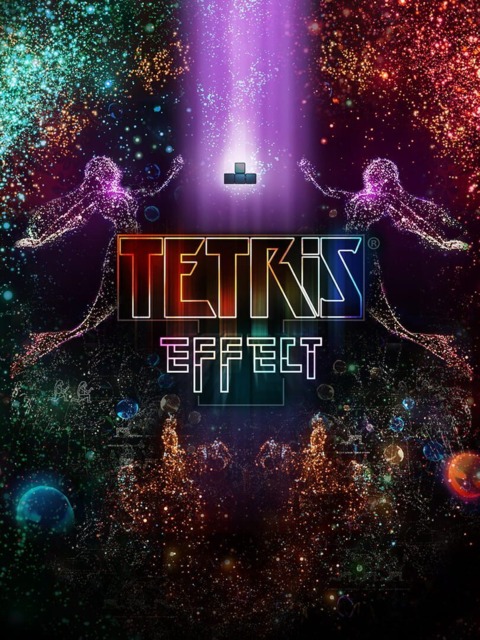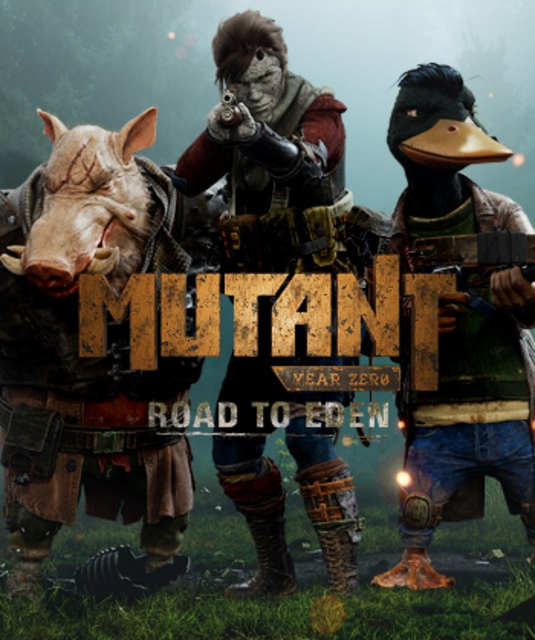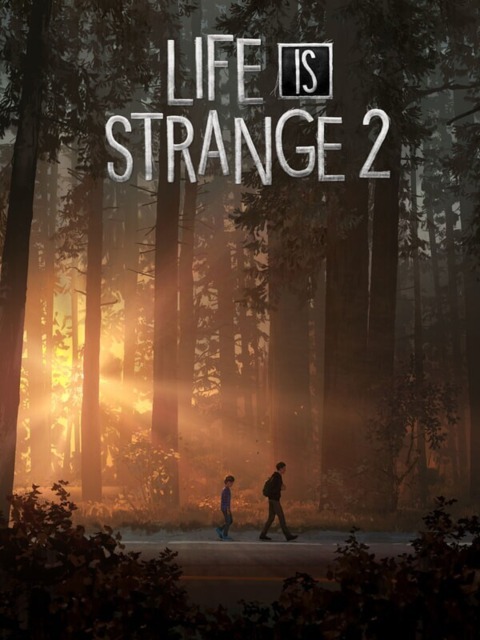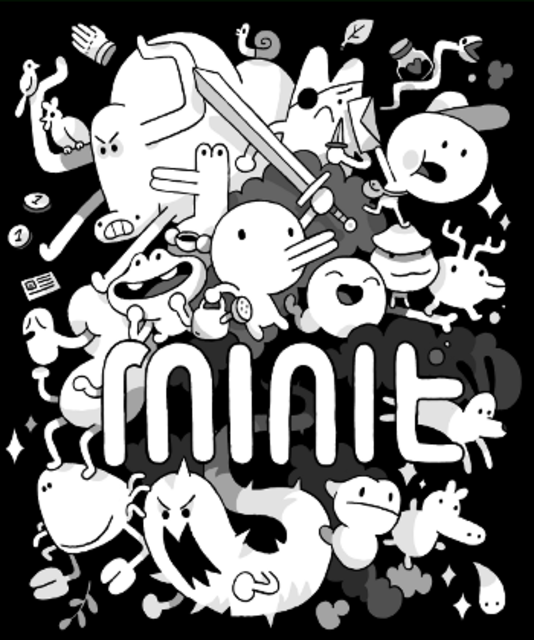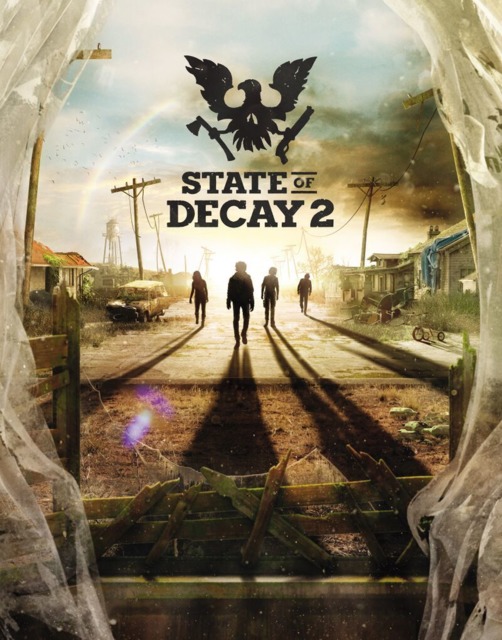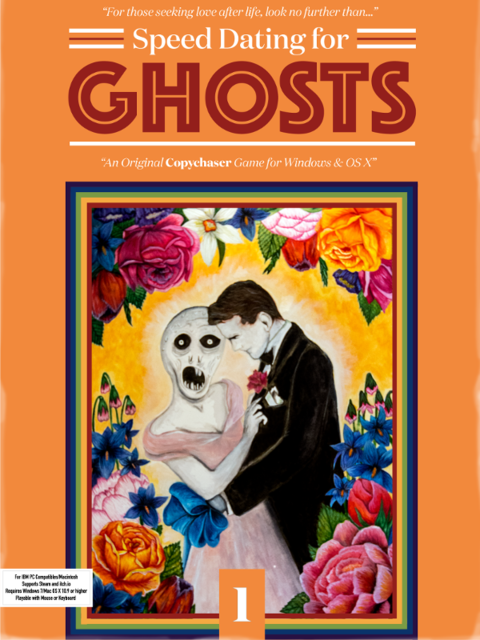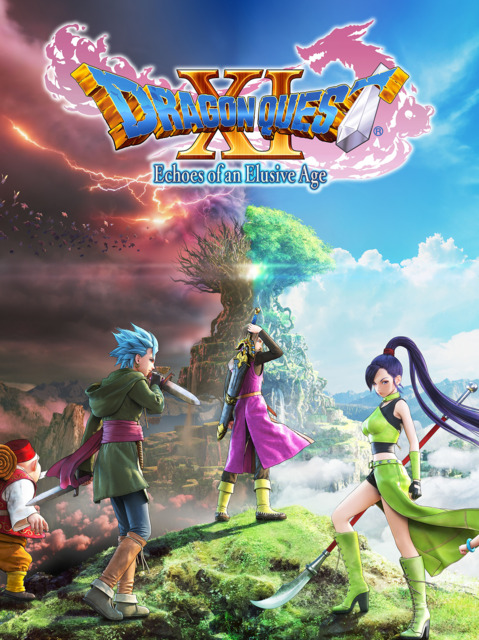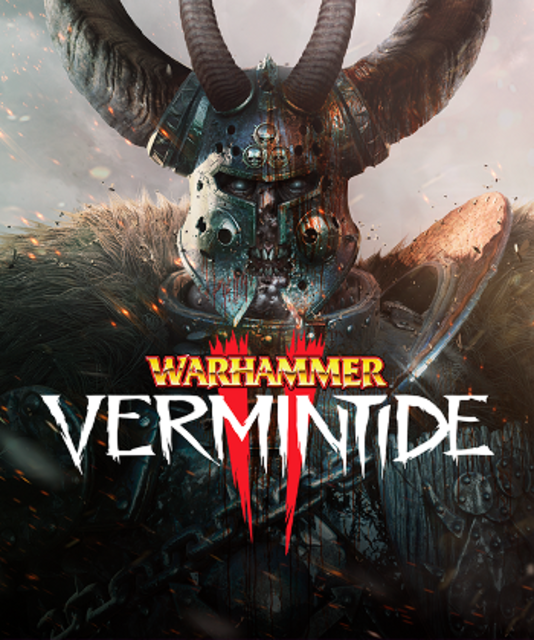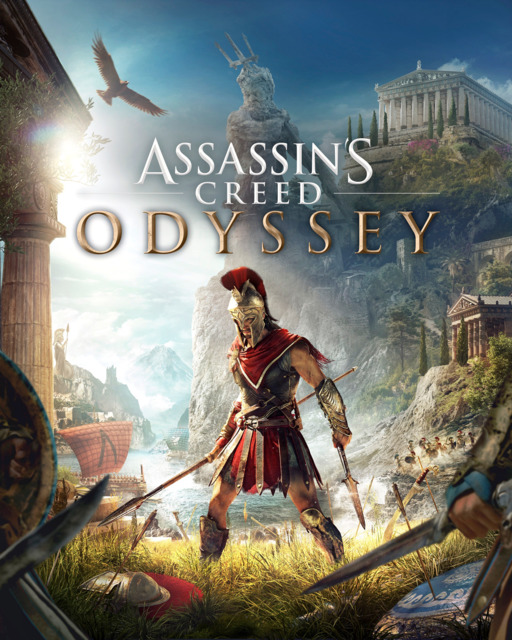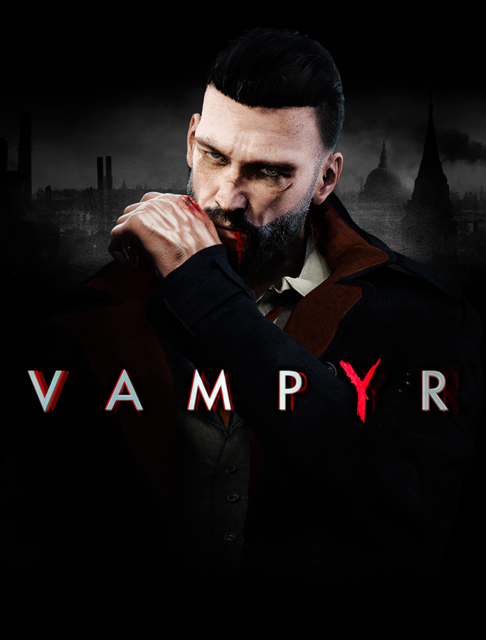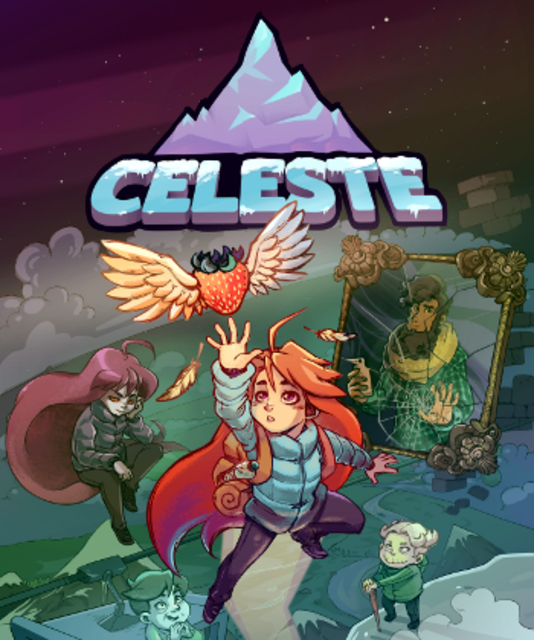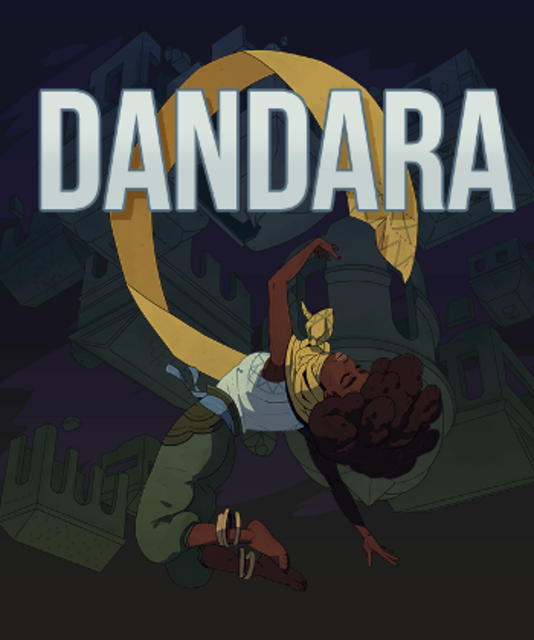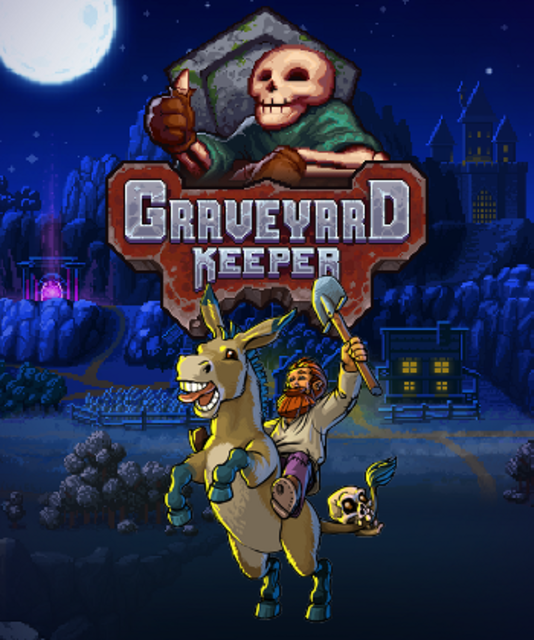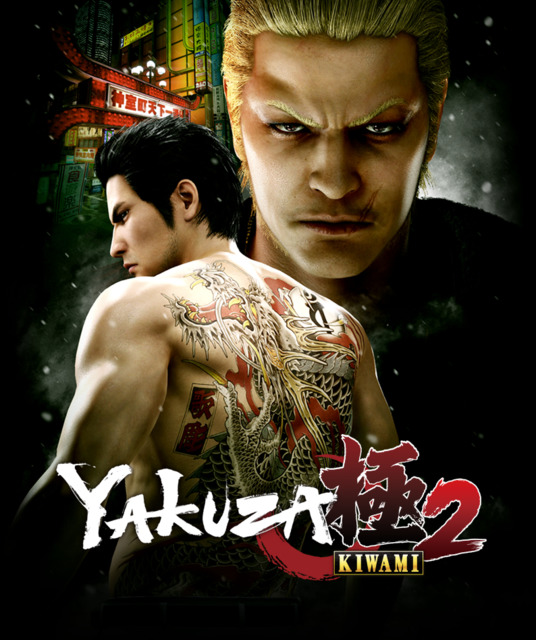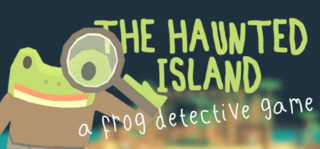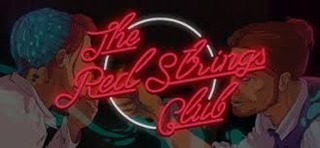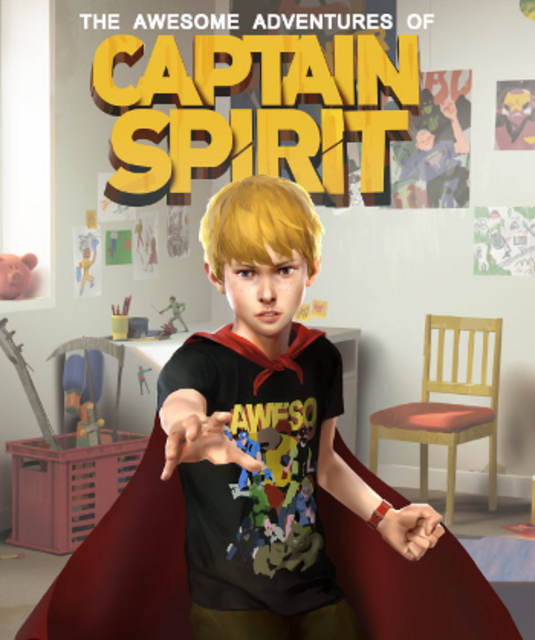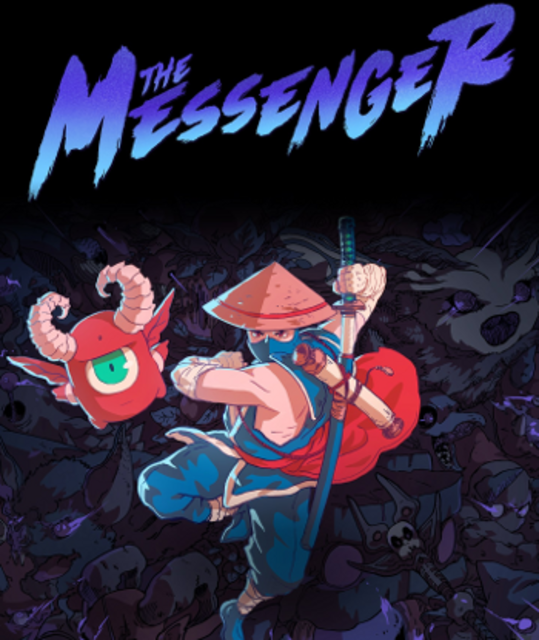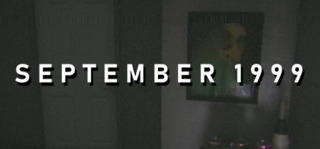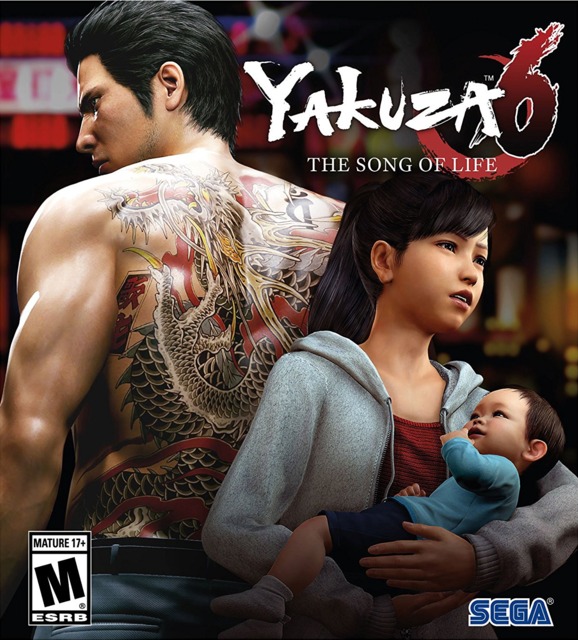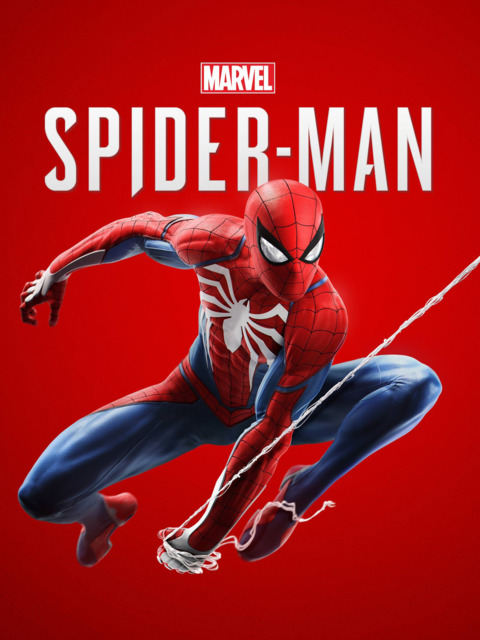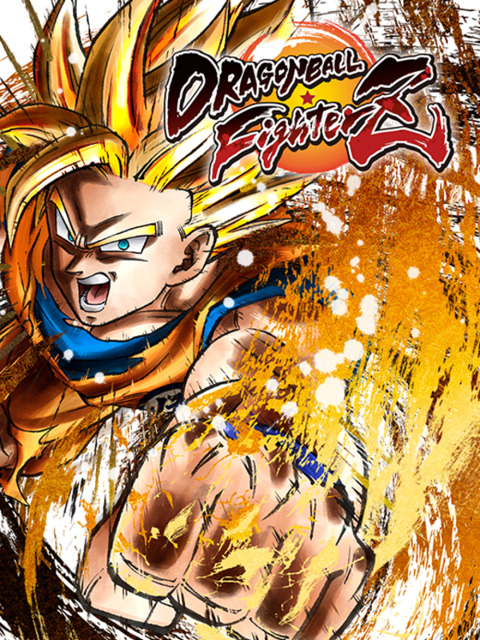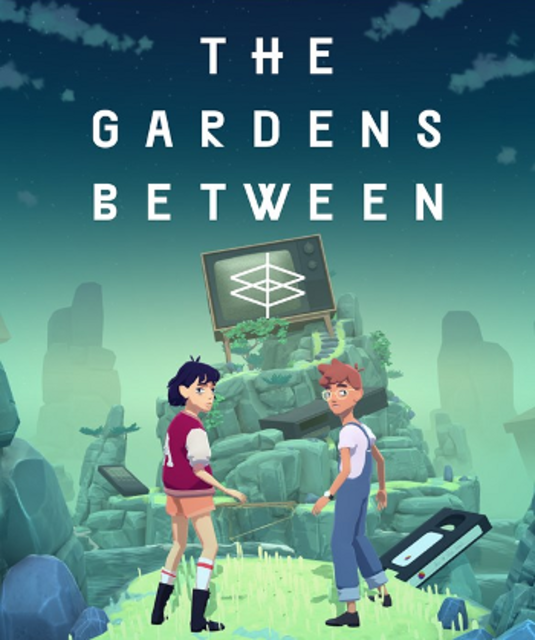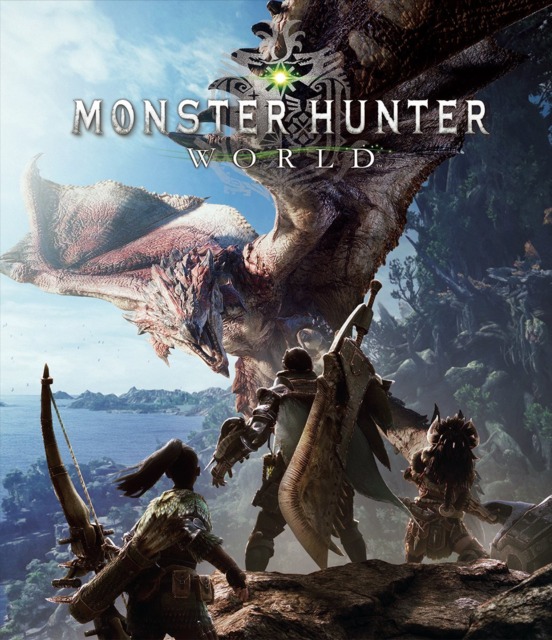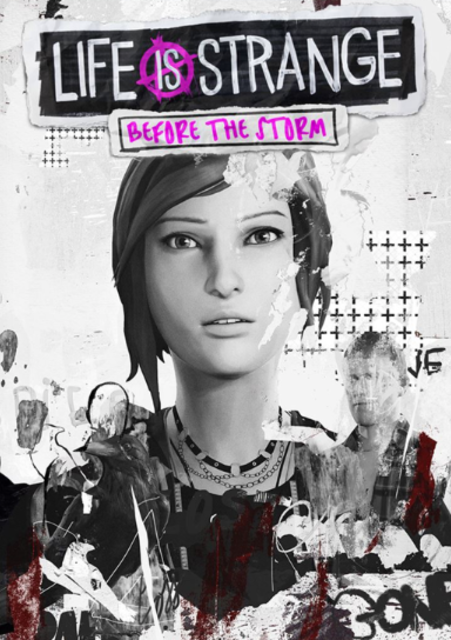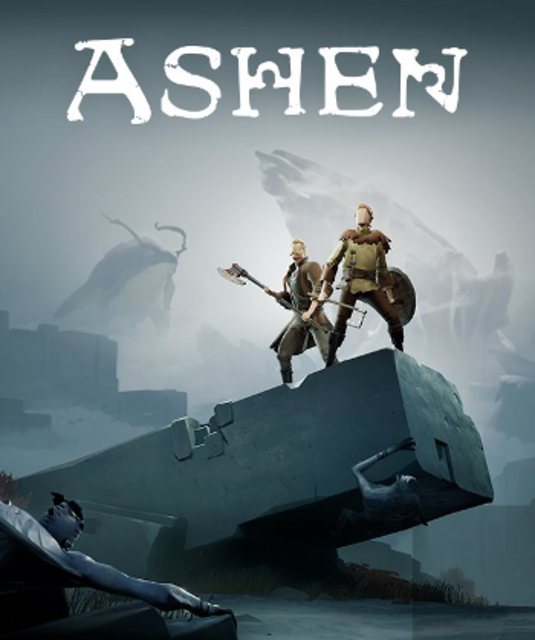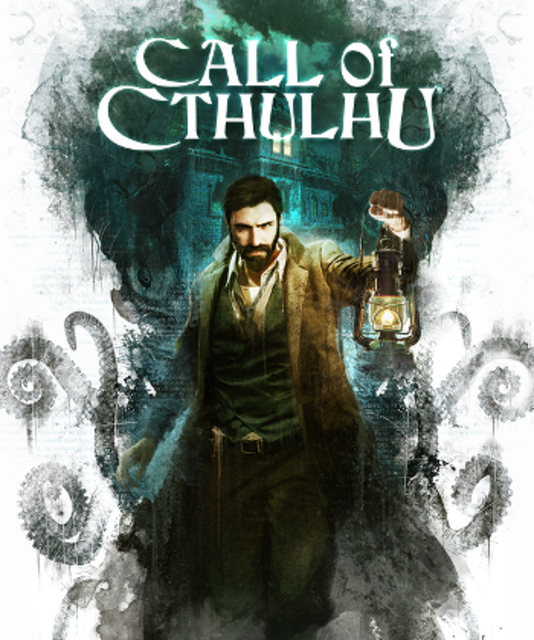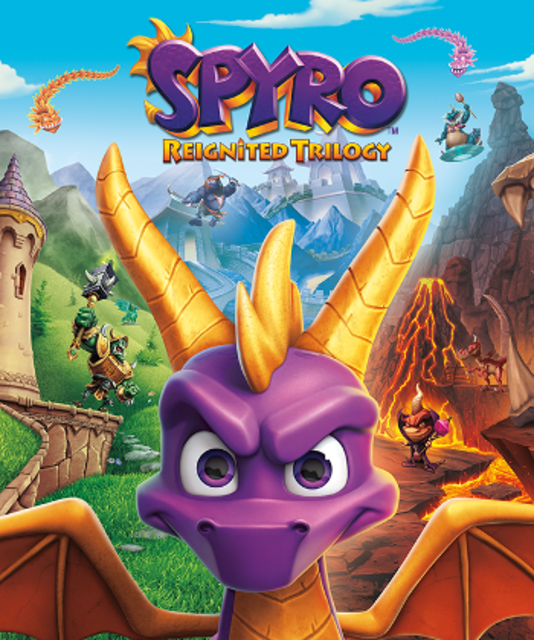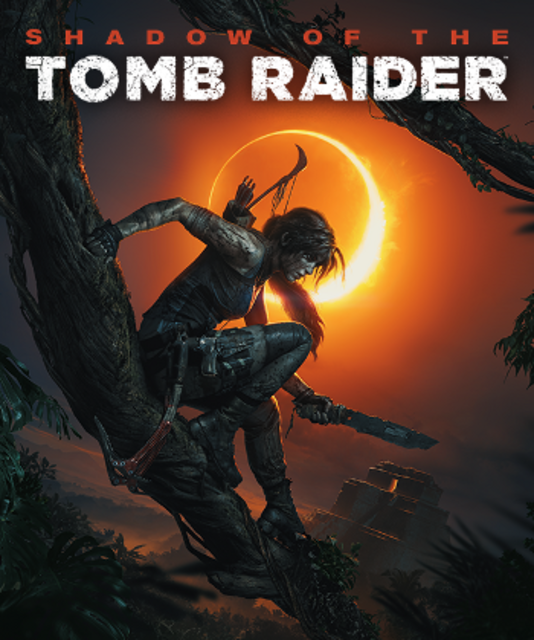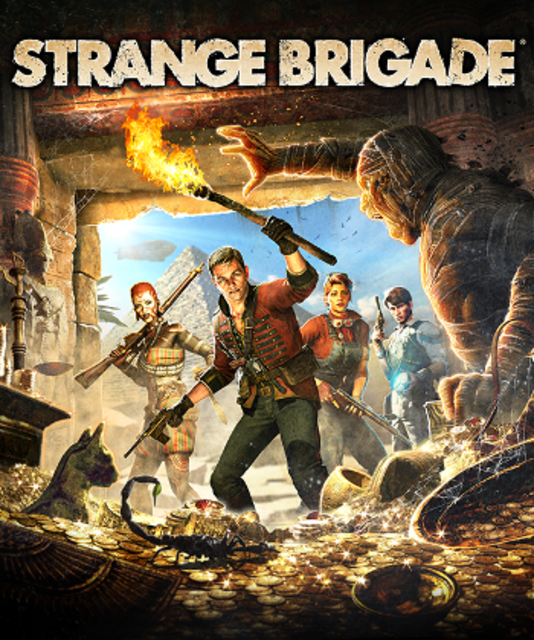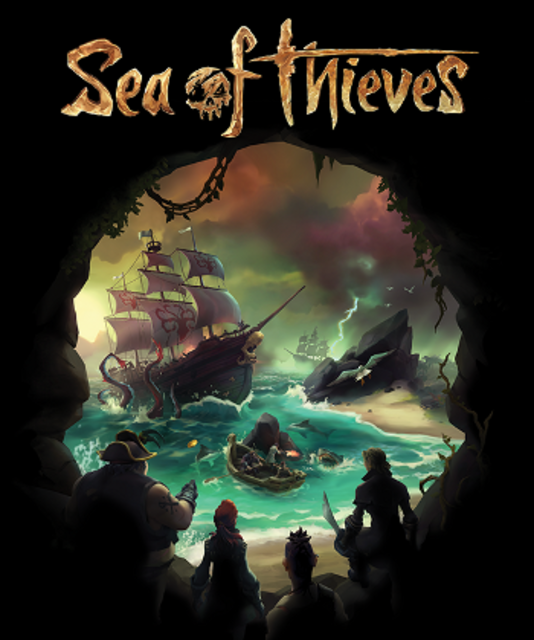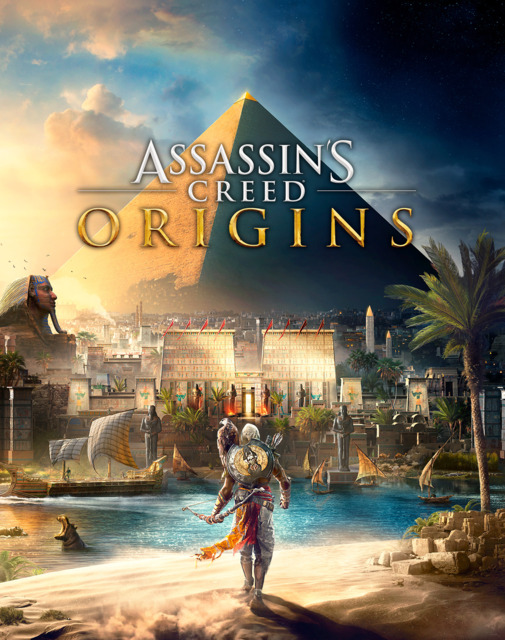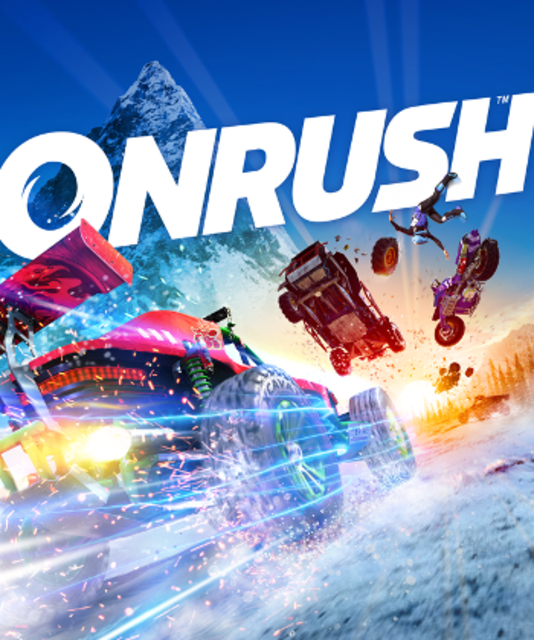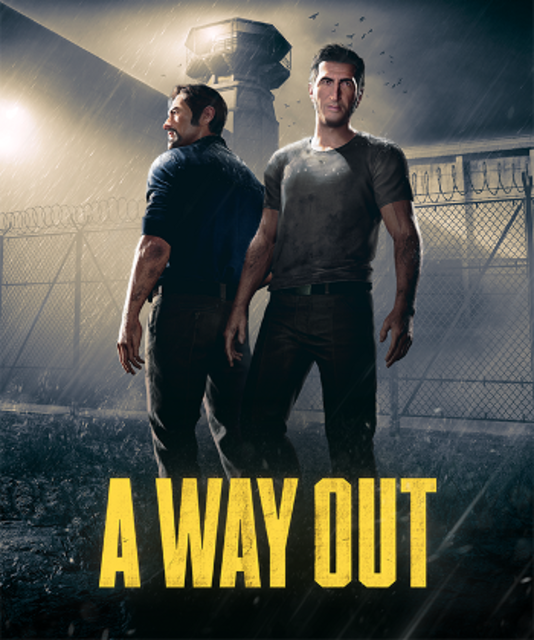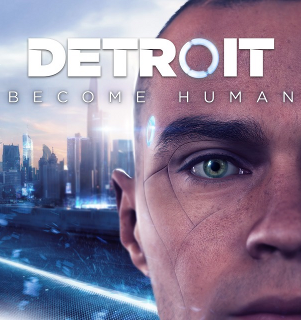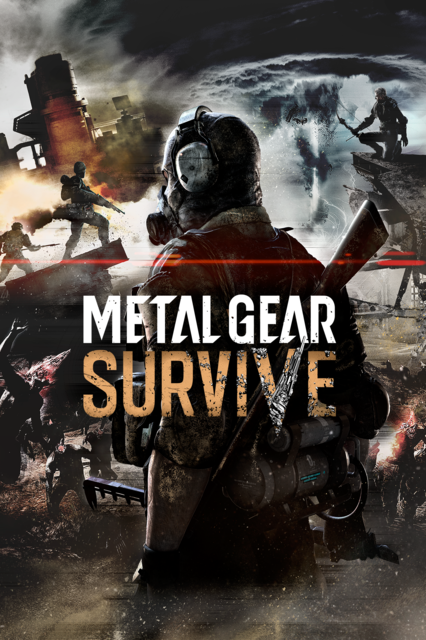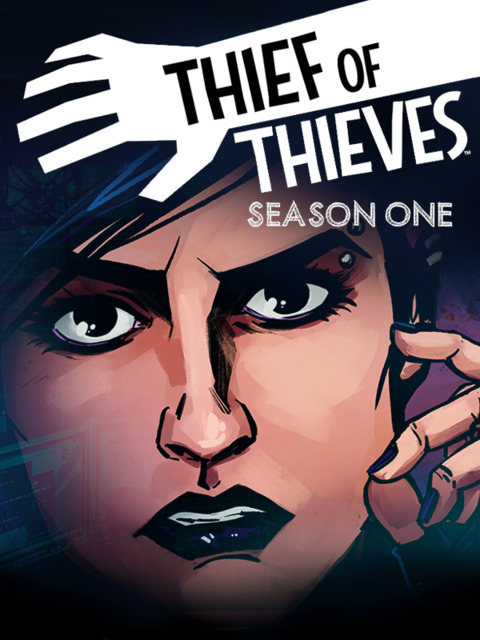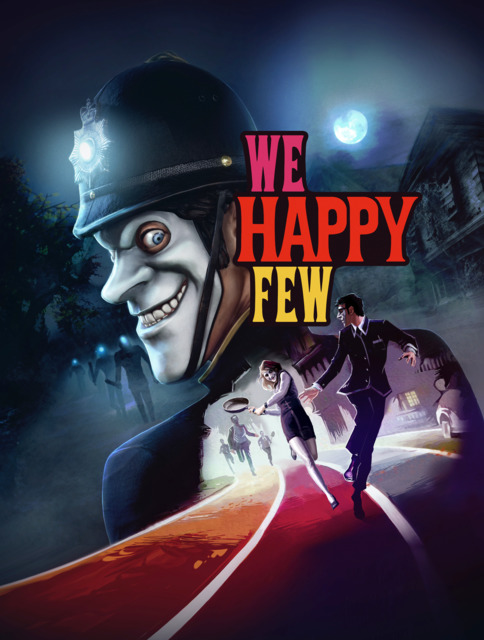Ryo Ga Gotoku describes Yakuza Kiwami 2 as an "extreme remake" of the PS2 original, and from that perspective, Yakuza Kiwami 2 is a sort of insane leap in quality from the 2006 version of the story. Taken as the next entry in a series that begins with Yakuza 0 and is preceded by Yakuza Kiwami 1, as I did, or even as the next release by a development team who put out both Yakuza 6 and (later) Judgement, Yakuza Kiwami 2 doesn't fare as well.
Ryo Ga Gotoku are approaching a photo-realistic depiction of their fake Tokyo district in fits and spurts, sure, but they're doing so in Yakuza Kiwami 2 by modifying the realism achieved in their most recent titles, even in spite of the fact that Yakuza 2 takes place about 10 years before that entry. It's only "extreme" if you played Yakuza 2 15 years ago and then re-entered the Yakuza franchise back at Yakuza Kiwami 2 or started the series chronologically but are somehow unaware of the other two most recent entries in the franchise - for virtually everyone else, this is more like a repaint of the Judgement Kamurocho but with an ugly shade of 2006 layered on top.
The story they're adapting into this new visual model was designed for an era where this level of fidelity was impossible, which makes for a sometimes uneven-feeling experience. On the one hand, Yakuza 2's most dramatic set piece moments are revelatory in the new visual style and hold up remarkably well - on the other hand, the story's sometimes wildly sophomoric, mid-tier soap opera antics rendered in high fidelity make them come across almost worse.
People discuss Yakuza 0's relatively gargantuan plot density like its an outlier in video game storytelling, but Yakuza games are sort of all like that. What makes 0 special is (in spite of how it might look for a first timer to the series) the surgical precision with which its hundreds of plot twists are intertwined with one another. There's an art to the pacing and editing of Yakuza 0, as wacky as it may be.
Yakuza Kiwami 2 lacks that care and grace. It's full throttle all day in this game, and events of unequal quality are often treated with equal significance. Worse, the story hasn't quite settled on what kind of a person Kiryu is, yet, which might've made sense in the 2006 sequel, but which feels practically unthinkable now. There's a scene late in the game of Yakuza Kiwami 2, in one of the game's many filler chapters, in which Kiryu nearly signs the parenting rights of his adopted daughter away to - no joke - a random man on the street in the middle of the night who claims to be from the entertainment industry. The whole thing is forgotten as quickly as its introduced, which almost makes matters worse. This is literally hours after this kid was kidnapped for the FOURTH time, which Kiryu duly notes.
I kept having to remind myself, playing through this story for the first time, that it was originally designed for a PS2 title, which makes it all click so much better. The wild shift in tonality just doesn't work, and no matter how brightly recolored or better visually defined this remake is, it can't mask how much this series has grown and how much growing it had left to do back in 2006.
The side content, unfortunately, does not always fare much better. The standard side quests are sometimes too meta for the game's own good. Casting Kiryu as a video game voice actor or an advisor for the director of a Yakuza film series is at first a delightful twist, but it all works to remind you how goofy and meme-ified the tone of this series has become. Kiwami 2 may *chronologically* occur as the 3rd game in the franchise, but it's the 13th game in this style by this studio. Things are getting long in the tooth.
This is further evidenced by the side campaigns: an exact rehash of Yakuza 0's hostess club Diner Dash-like and Yakuza 6's tower defense Clan Creator mode. It's not that these campaigns are somehow inherently bad, just...lacking in identity when contrasted with the titles they were originally made for. As excited as I was to see the Yakuza 0 hostess club cast return for this sequel, the story they're thrown into may as well be identical to the original - even down to the game's animations, which sometimes *are* identical to the original.
The hostess club campaign also re-casts Kiryu as a nightclub manager, which...I don't know, I have to admit, the intangibility of Kiryu is by far my least favorite quality about him. In the main campaigns, Kiryu is consistently characterized. In the series' many goofy side quests, he's more flavorful and emotive, but ultimately mostly consistent. These big side campaigns, though, give him all these attributes that feel way outside of his character. He's a genius realtor, a construction foreman, a pro slot car racer, a hostess coach, a nightclub manager...Kiryu is way too elastic in this series. He's good at literally everything by default, and it can get tiresome.
Look: ultimately, this is still more Yakuza, and Kiwami 2 is unquestionably a step up from Kiwami 1's somewhat thin 'what if Yakuza 0 again but with a PS2 story' take on a remake title. Even with the arguably clunkier Yakuza 6/Judgement melee combat and the wildly anachronistic PS2 storytelling, Kiwami 2 at least goes for broke in every department. I'll always take another trip to Kamurocho, even if the stories I'm fed have a 60% success rate rather than a 90% success rate.
